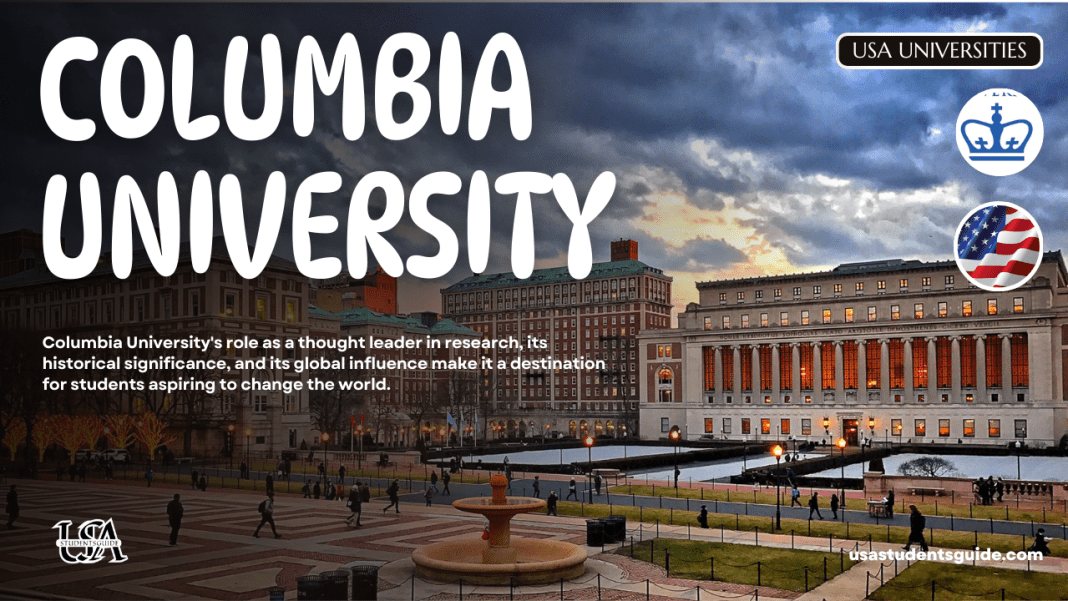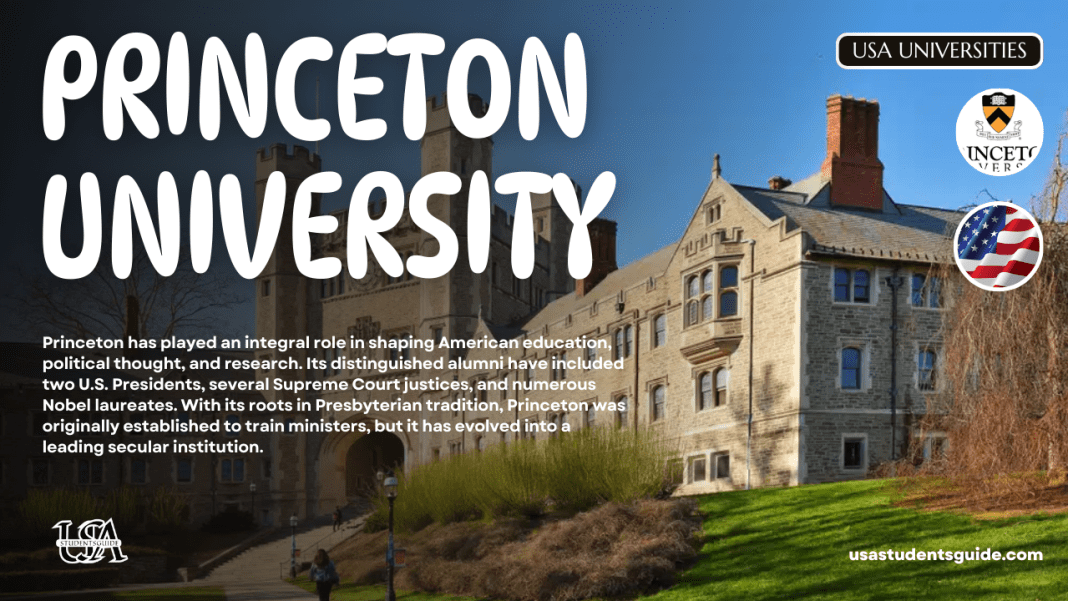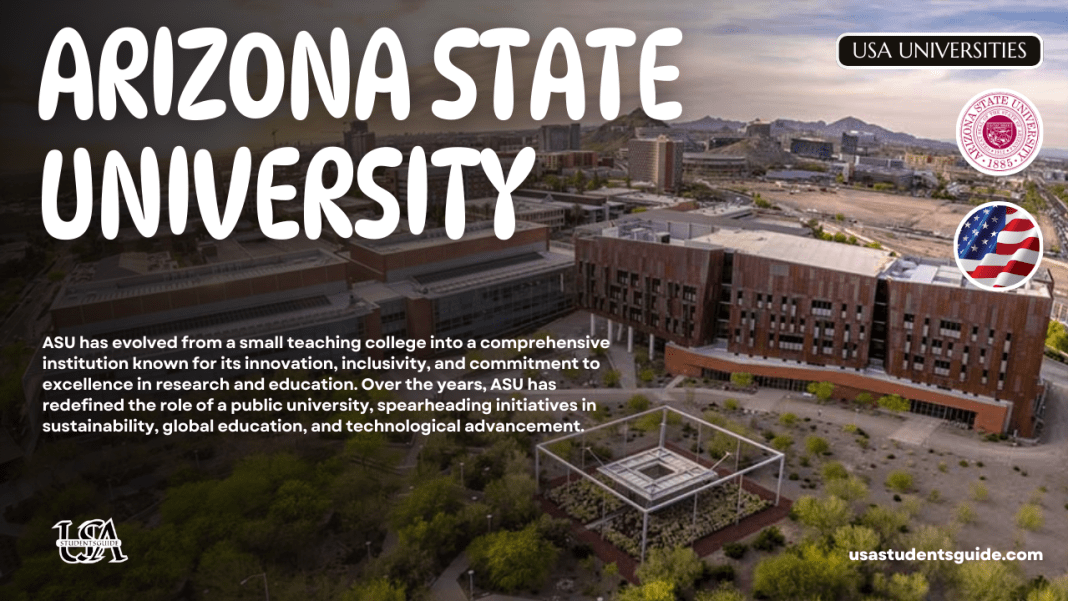Summary
- Founded: 1754
- Location: New York City, New York, USA
- Type: Private Ivy League research university
- Motto: “In lumine Tuo videbimus lumen” (In Your light, we shall see the light)
- Endowment: $13.3 billion (as of 2023)
- Campus Size: 36 acres (Morningside Heights campus), with additional facilities in Manhattan and beyond
- Academic Structure: 20 schools, including:
- Columbia College
- Columbia Engineering
- Columbia Law School
- Columbia Business School
- Columbia Medical School (Vagelos College of Physicians and Surgeons)
- Graduate School of Arts and Sciences
- Popular Programs: Journalism, Law, Business, Engineering, Medicine, Political Science, International Relations
History and Background
Columbia University was founded in 1754 as King’s College by royal charter of George II of Great Britain, making it the fifth-oldest institution of higher learning in the United States. It became Columbia College in 1784 following the American Revolution, and was renamed Columbia University in 1896.
The institution has long been a hub for political, cultural, and academic thought. It was the first university in the U.S. to award the M.D. degree in 1767 and was home to many of the country’s earliest discussions on democracy and civil rights. Columbia has played a significant role in shaping both the U.S. and the world through its commitment to research, education, and civic engagement.
Location and Campus
Columbia’s main campus is located in the Morningside Heights neighborhood of Manhattan, New York City. The campus, designed by renowned architects McKim, Mead, and White, spans 36 acres and blends Gothic and neoclassical architecture.
Beyond its Manhattan campus, Columbia has additional facilities, including:
- Columbia University Medical Center in Washington Heights
- Lamont-Doherty Earth Observatory in Palisades, New York
- Nevis Laboratories, a center for high-energy experimental particle physics
- Manhattanville Campus, which hosts Columbia’s expansion projects, including the Jerome L. Greene Science Center and the Columbia Business School.
Columbia’s location in New York City offers students direct access to a vast array of cultural, political, and professional resources, from Wall Street to the United Nations.
Academic Excellence
Columbia University is recognized for its academic rigor, intellectual freedom, and interdisciplinary approach to education. It consistently ranks among the top 10 universities globally and is especially known for its schools of law, journalism, business, and international affairs.
The university has 20 schools offering undergraduate, graduate, and professional degrees across a wide range of disciplines. Some of the most notable academic divisions include:
- Columbia College: The undergraduate liberal arts college offering a core curriculum.
- Fu Foundation School of Engineering and Applied Science (Columbia Engineering): Known for groundbreaking research in areas like artificial intelligence, cybersecurity, and nanotechnology.
- Columbia Law School: Among the most prestigious in the world, producing influential legal scholars and U.S. Supreme Court justices.
- Columbia Business School: Globally renowned for its MBA and executive education programs, with strong connections to New York’s financial sector.
- Graduate School of Journalism: Home to the Pulitzer Prizes and one of the top journalism schools worldwide.
Columbia’s Core Curriculum, one of the most rigorous and comprehensive of its kind, emphasizes critical thinking, writing, and an in-depth study of great works of literature, philosophy, and the arts.
The university is also home to Nobel Prize-winning faculty, with 101 laureates (as of 2023) having been affiliated with Columbia over the years. It excels in fields such as economics, political science, medicine, and the humanities.
Student Life and Diversity
Columbia University fosters a diverse, multicultural student body, with approximately 32,500 students as of 2023. About 8,500 undergraduates attend Columbia College and the School of Engineering, while the remainder are enrolled in graduate and professional programs. The student body represents over 150 countries, making it one of the most international universities in the Ivy League.
Student life at Columbia is enriched by its location in the heart of New York City. Students have access to world-class museums, Broadway shows, Wall Street internships, and more. On campus, there are over 500 student organizations, including academic societies, cultural clubs, and service groups. Columbia also offers vibrant performing arts programs and competitive sports teams in the Ivy League Conference.
The university emphasizes diversity and inclusion, with numerous programs and offices dedicated to supporting students from underrepresented backgrounds, including the Office of Multicultural Affairs and the Center for Career Education.
Admissions and Scholarships
Columbia’s admissions process is highly competitive, with an acceptance rate of 3.9% for the Class of 2027. The university takes a holistic approach to admissions, evaluating applicants based on academic achievements, extracurricular involvement, leadership qualities, and personal essays.
Key Admissions Requirements:
- High school transcripts
- SAT or ACT scores (Columbia has a test-optional policy for recent application cycles)
- Letters of recommendation
- Personal statement and supplemental essays
- Extracurricular involvement
Columbia is committed to affordability and offers need-based financial aid. The university’s financial aid program ensures that admitted students can attend regardless of their financial circumstances. Columbia’s Financial Aid Initiative guarantees full financial aid packages without loans for students from families with incomes under $60,000. International students are also eligible for need-based aid.
Columbia’s Contribution to Research and Innovation
Columbia is one of the top research universities in the world, with a $1.1 billion research budget (2023) that supports cutting-edge work in fields ranging from the natural sciences to the humanities. The university houses more than 200 research centers and institutes.
Columbia’s researchers have made groundbreaking contributions to neuroscience, climate change, biotechnology, and data science. The university’s Earth Institute leads research on sustainable development and environmental preservation, while Columbia’s Mailman School of Public Health focuses on global health issues.
Additionally, Columbia is known for being home to several Nobel Prize-winning discoveries, including the invention of the laser, the development of nuclear magnetic resonance (NMR), and the unraveling of the human genome.
Notable Alumni
Columbia’s alumni network includes some of the most influential figures in the worlds of politics, business, media, and the arts. Notable alumni include:
- Barack Obama: 44th President of the United States
- Franklin D. Roosevelt: 32nd President of the United States
- Ruth Bader Ginsburg: Former U.S. Supreme Court Justice
- Warren Buffett: CEO of Berkshire Hathaway
- Upton Sinclair: Pulitzer Prize-winning author
- Julia Stiles: Actress
- Madeleine Albright: Former U.S. Secretary of State
Global Impact and Rankings
Columbia University consistently ranks among the top 10 universities globally. According to the 2023 QS World University Rankings, Columbia is ranked 7th worldwide. In the Times Higher Education World University Rankings 2023, it is ranked 11th.
Columbia’s global impact extends far beyond its New York City campus. The university has established partnerships with institutions around the world and offers global learning programs in Africa, Asia, Europe, and Latin America. Its research on global issues, such as climate change, urbanization, and health, has far-reaching implications for the future of our planet.
Columbia also operates global centers in cities like Paris, Beijing, Amman, and Mumbai, further extending its academic reach and creating opportunities for students and faculty to engage with critical global challenges.
How to Apply as an International Student
International students applying to Columbia must follow the same process as U.S. applicants, with a few additional requirements:
- English Proficiency: Non-native English speakers must submit TOEFL or IELTS scores.
- Academic Records: Must be translated into English, if necessary.
- Financial Documentation: If applying for financial aid, international students must submit forms that outline their financial situation.
Columbia meets 100% of demonstrated financial need for international students, ensuring that talented students from around the world can afford to attend.
Why Columbia?
Columbia offers an unparalleled blend of academic excellence, cultural diversity, and global influence. Its location in New York City provides students with a wealth of opportunities in business, media, arts, and public service. Columbia’s Core Curriculum ensures that students receive a well-rounded, interdisciplinary education, while its extensive research facilities foster innovation and discovery.
The university’s diverse student body, access to world-class faculty, and strong alumni network make Columbia an ideal place for students who want to engage in global challenges and make a lasting impact on the world.
Columbia University remains one of the world’s most prestigious and influential institutions. With its commitment to academic excellence, innovation, and global engagement, Columbia continues to shape the future of higher education. Whether it’s in the classrooms, labs, or through its partnerships across the globe, Columbia’s legacy of intellectual leadership and societal contribution is undeniable.



